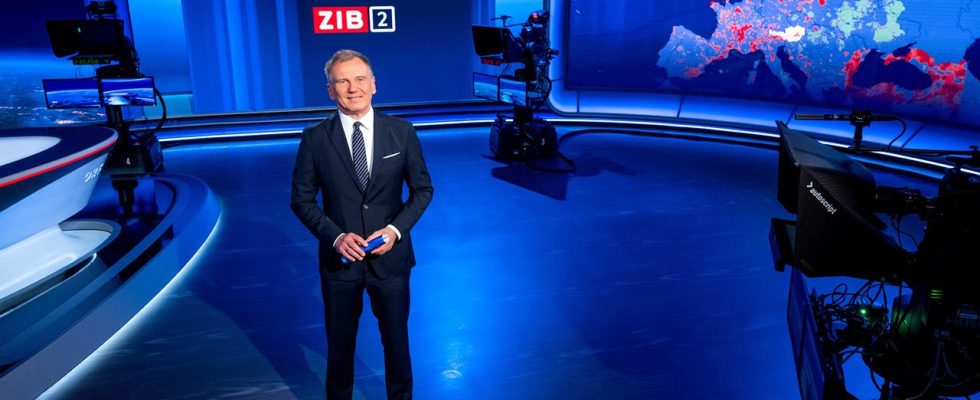european magazine
With police protection to work, death threats in the mailbox: Where right-wing parties in Europe are successful, journalists have a hard time. The right-wing populists run their own media – and learn from each other.
When TV presenter Zbigniew Luczynski prepares for the main news program on Polish television, he quickly gets nervous. For a few weeks now he has only been able to enter the station with police protection. His colleagues are also touched emotionally.
Since a power struggle over state media broke out in Poland, he and his colleagues have suffered insults and hostility on social networks. “There’s a lot of hate there,” laments TV journalist Blanka Dzuga – but we just want to make objective television.
Death threats against ORF presenter
TV presenters don’t have it easy in Europe at the moment. Austria’s star presenter Armin Wolf from the public broadcaster ORF is also receiving death threats again, he reports. Radical parties are increasingly trying to slander their critics – and not just on social networks.
A very worrying situation that Tom Gibson of the Committee to Protect Journalists (CPJ) is observing in several European countries. “We see hostile rhetoric that legitimizes attacks on journalists, and not just at protests. We also see this in the language of populist politicians,” he says. “This creates a situation in which critical journalism hardly has a safe place in our societies. And that is a real problem.”
“Party PR should replace journalism”
Gibson is currently worried about the situation in Austria. The right-wing extremist FPÖ is celebrating a poll high of 26 percent. They spread their election promises not only in the beer tent, but primarily with the help of social media. Political scientist Johannes Hillje is observing a new trend here: “The FPÖ is something of a pioneer in the media strategy of right-wing populist parties in Europe. Very early on, it focused on the formation of a counter-public through ‘alternative media’. And the AfD has learned a lot from that copied from the FPÖ.”
The party produces its own show on YouTube. In addition to defamatory videos about migration and EU politics, a hate campaign against public broadcasting is being carried out on the channels. The target is always the moderator Armin Wolf, who has made a name for himself with his critical interviews. At the New Year’s speech by FPÖ party leader Herbert Kickl in Graz, the applause from his supporters was particularly loud when he agitated against the ORF and Wolf.
This rhetoric leads to a lot of aggression, especially online. The Vienna police are currently investigating a call for murder on the right-wing online portal “Exxpress”. Political scientist Hillje sees a clear method. “The discrediting of the independent media also serves to promote your own social media channels. You feel like you are the voice of the people that doesn’t need an intermediary body,” he explains. “Party PR should not simply supplement journalism, as is usual in a democratic public sphere, but should replace journalism.”
Bone of contention between Poland’s parties
The role model for the FPÖ is Hungary’s Prime Minister Viktor Orban and his style of media policy. In Hungary, over the course of its term in office, the ruling Fidesz party first brought the public media under its control, then brought the regulatory authorities into line and finally allowed the private media to become mouthpieces for the ruling party through acquisitions.
“The government doesn’t have to do much to silence independent journalism because they control the media landscape,” complains Tom Gibson. He is currently looking at Poland with concern. Since the change of power, the public media there have remained the most important bone of contention in the political dispute between the voted out national conservative Law and Justice (PiS) party of Jaroslaw Kaczynski and the center-left government of Donald Tusk. “This will be a difficult process from which we can learn lessons when it comes to hijacked media,” emphasizes Gibson.
Until this conflict is resolved, the police will remain part of the TV-Polska television crew to protect presenter Zbigniew Luczynski and his colleagues from attacks.
You can see these and other reports on Sunday, January 28th. at 12:45 p.m. in the “Europamagazin”.

